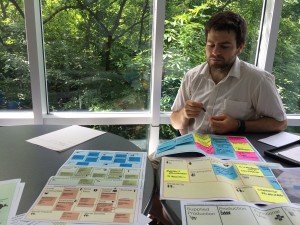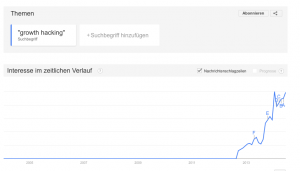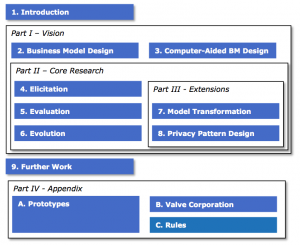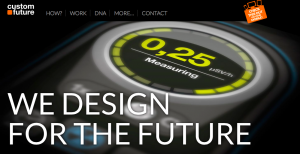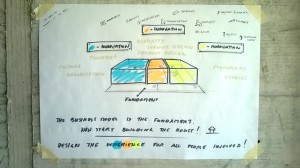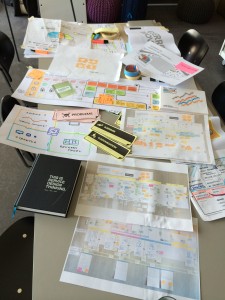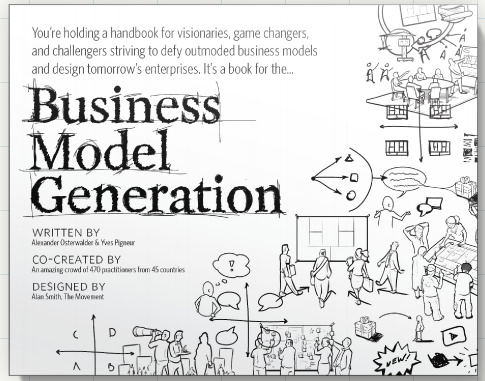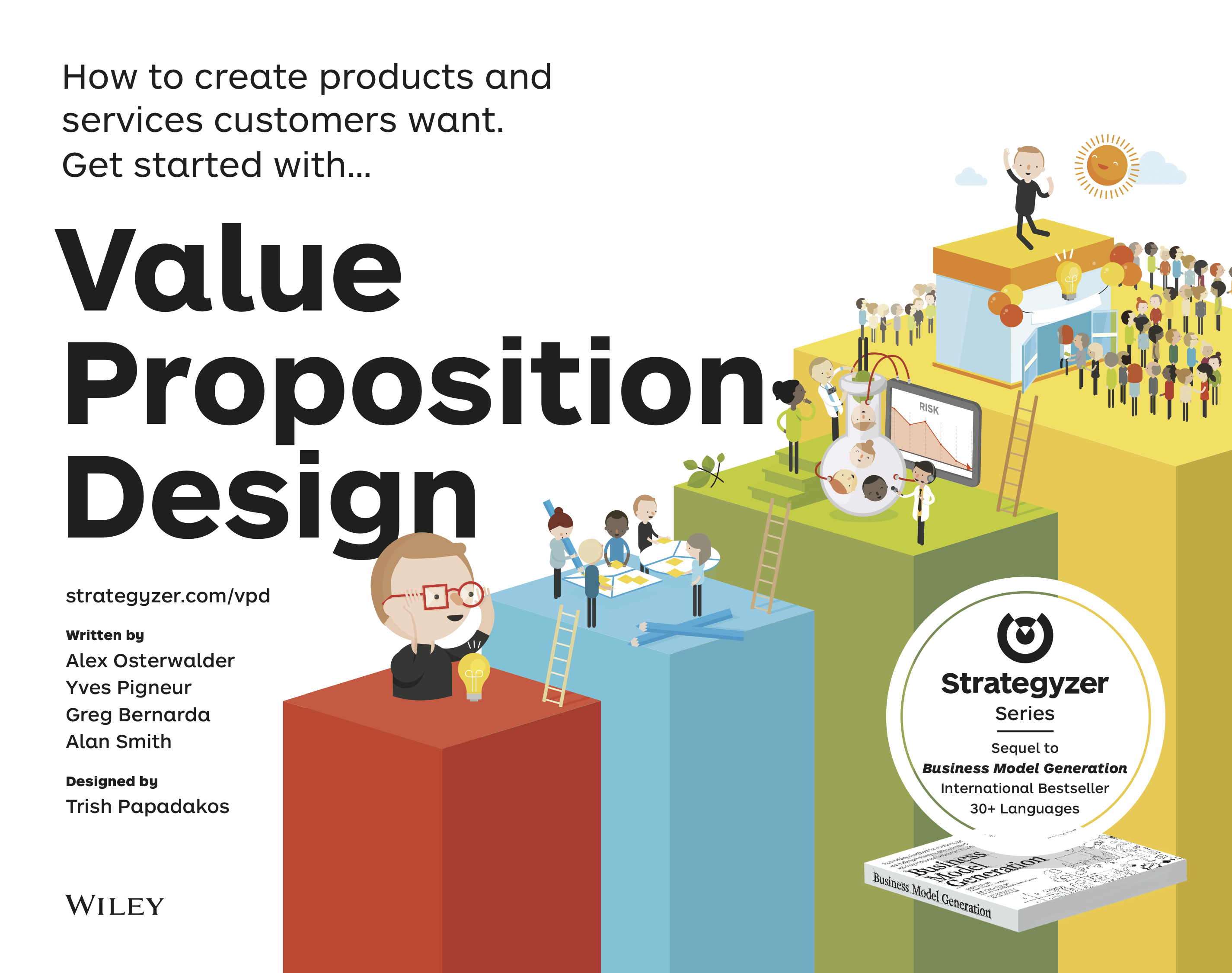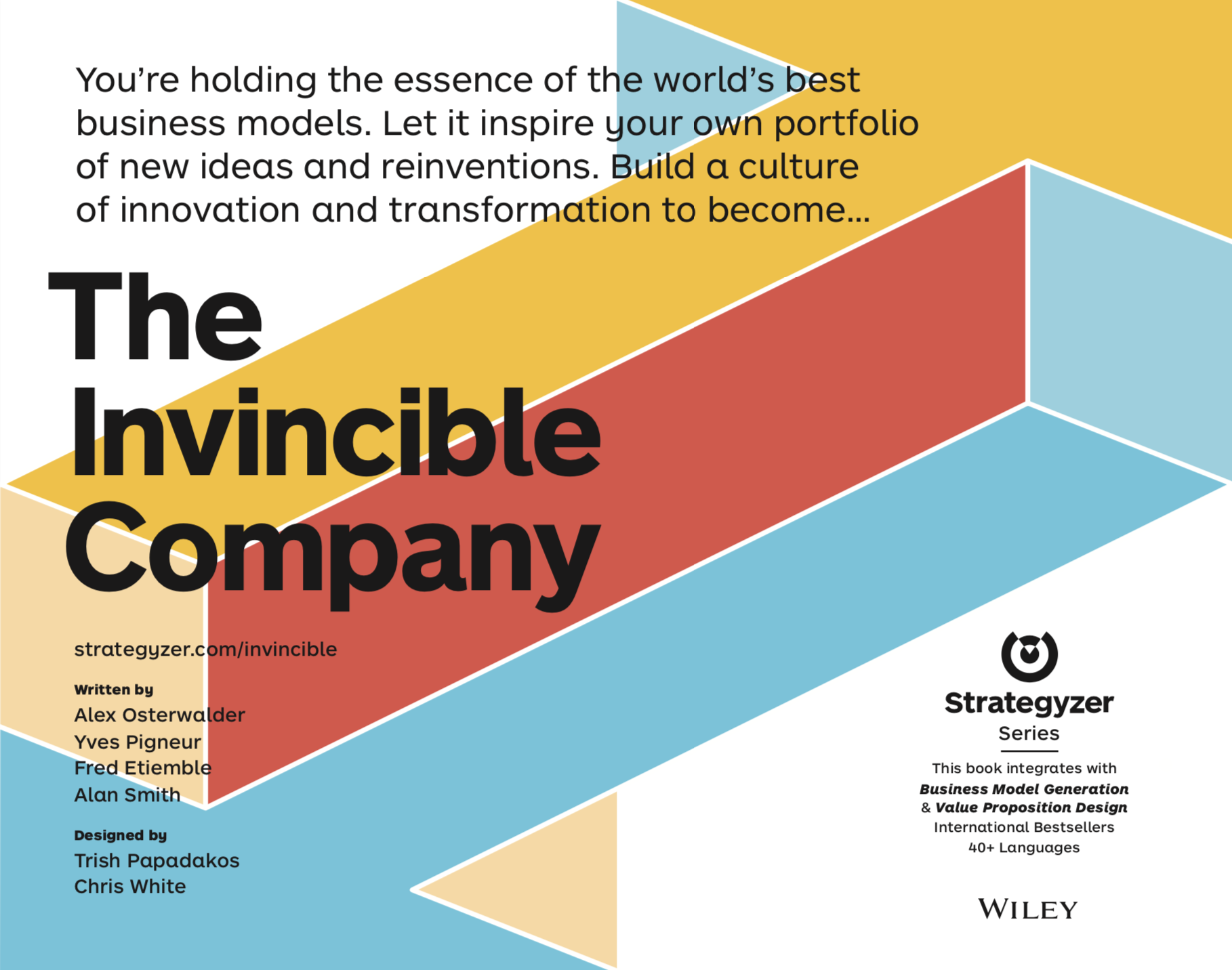Sustainable business models
Wednesday, June 18th, 2014meeting and interesting discussion with Alexandre Joyce, designer, about his thesis on sustainability, business models and design. Last year, we started to work on the idea of three “layers” of sustainable business models: business, ecological and social. The model seems to be much more mature, and has been applied in several contexts and workshops.
Alexandre travaille pur l’Institut de développement de produits, “une association à but non lucratif dont la mission est d’accélérer l’adoption de meilleures pratiques en développement de produits et en écoconception afin de rendre les entreprises plus compétitives” (more). Alexandre va prochainement animer un “Atelier d’innovation par les modèles d’affaires”.
Alexandre est aussi assistant de recherche à Concordia et travaille sur un projet de recherche en “tessellation” (wikipedia) qui a pour objectif de définir l’ADN des objets sur base de leur forme.

